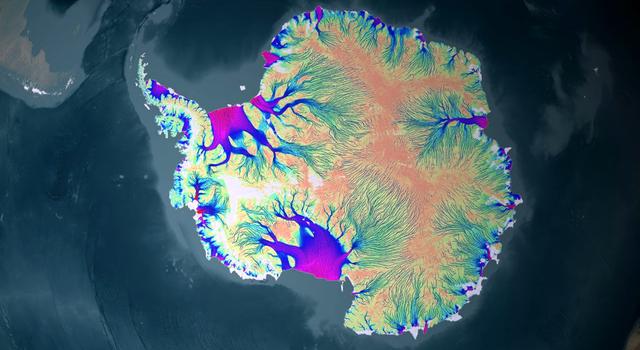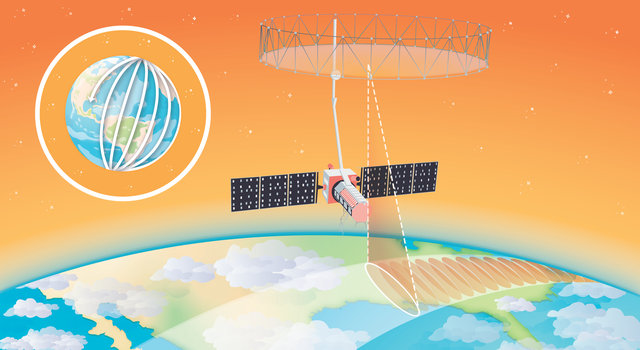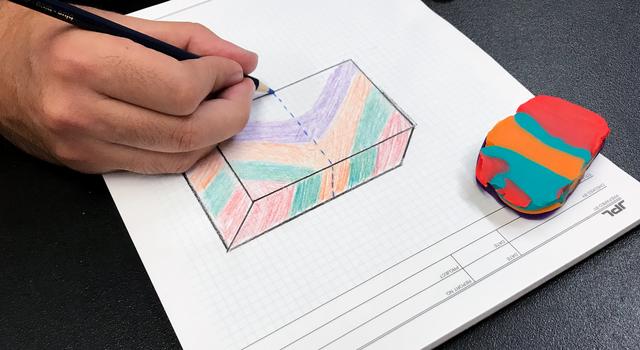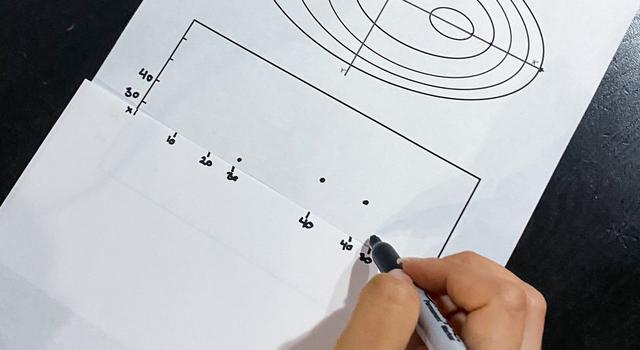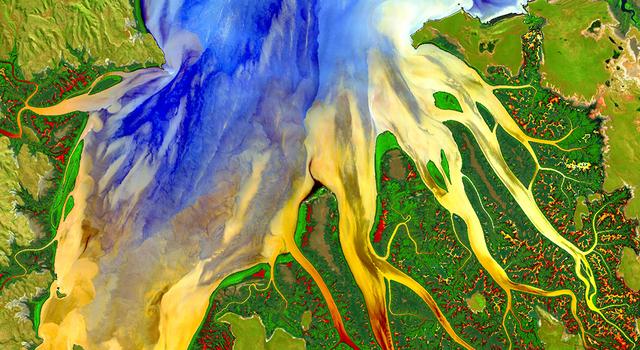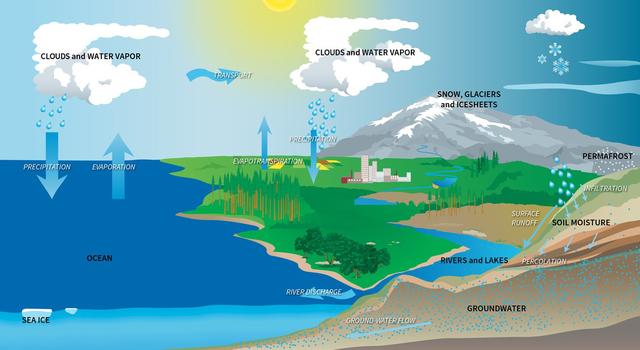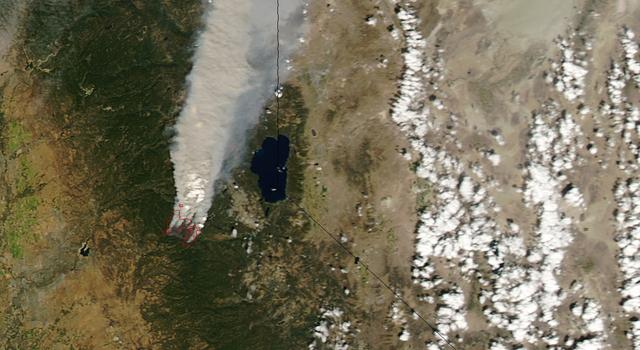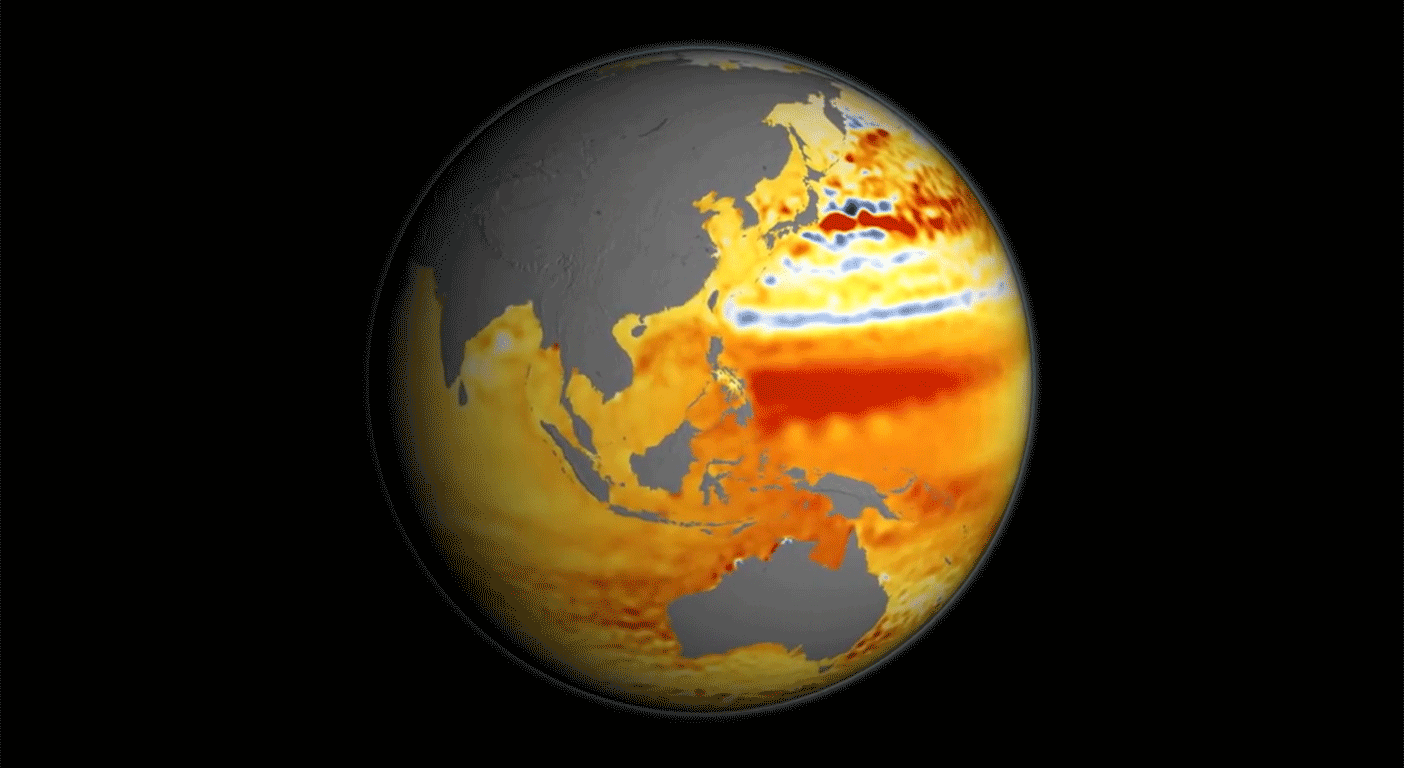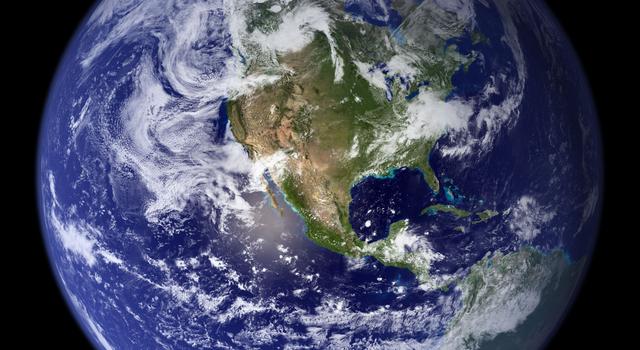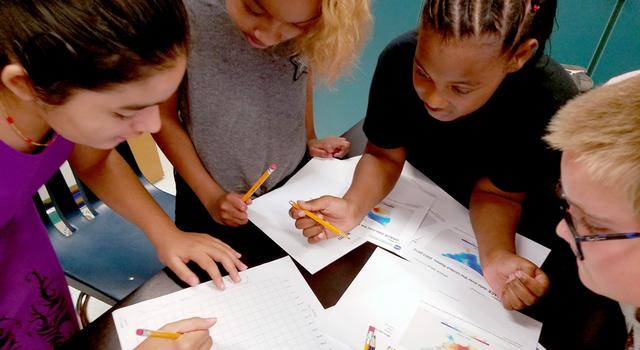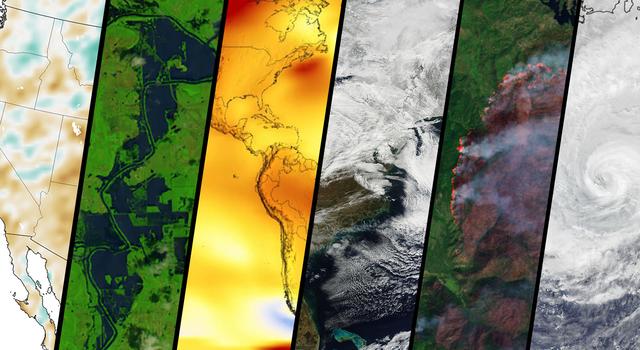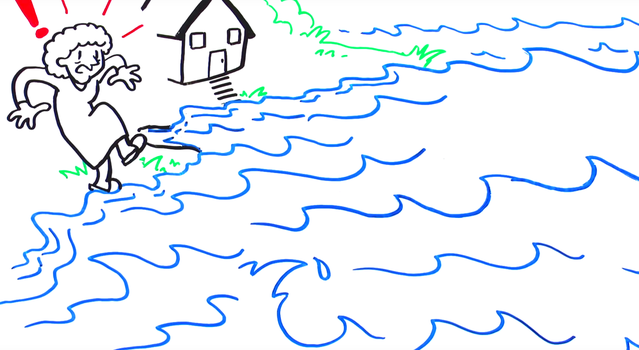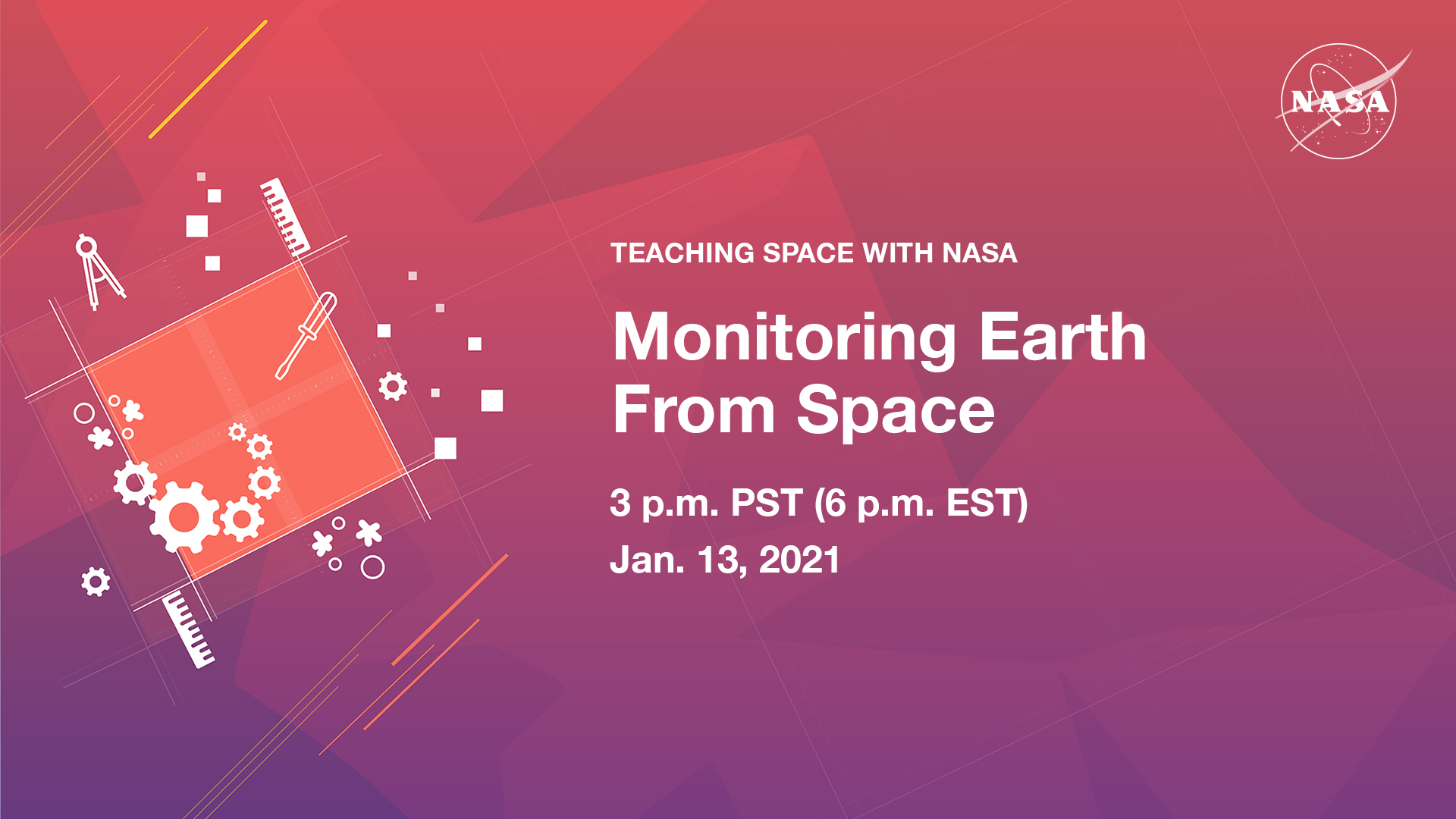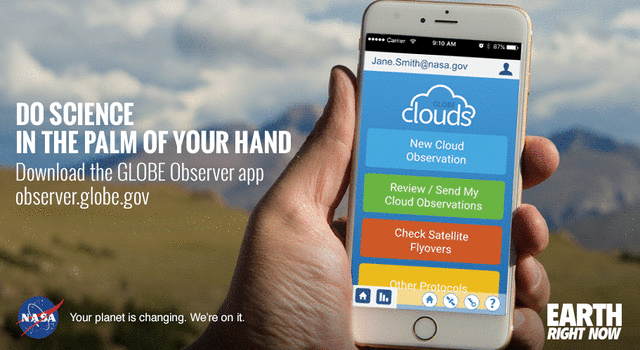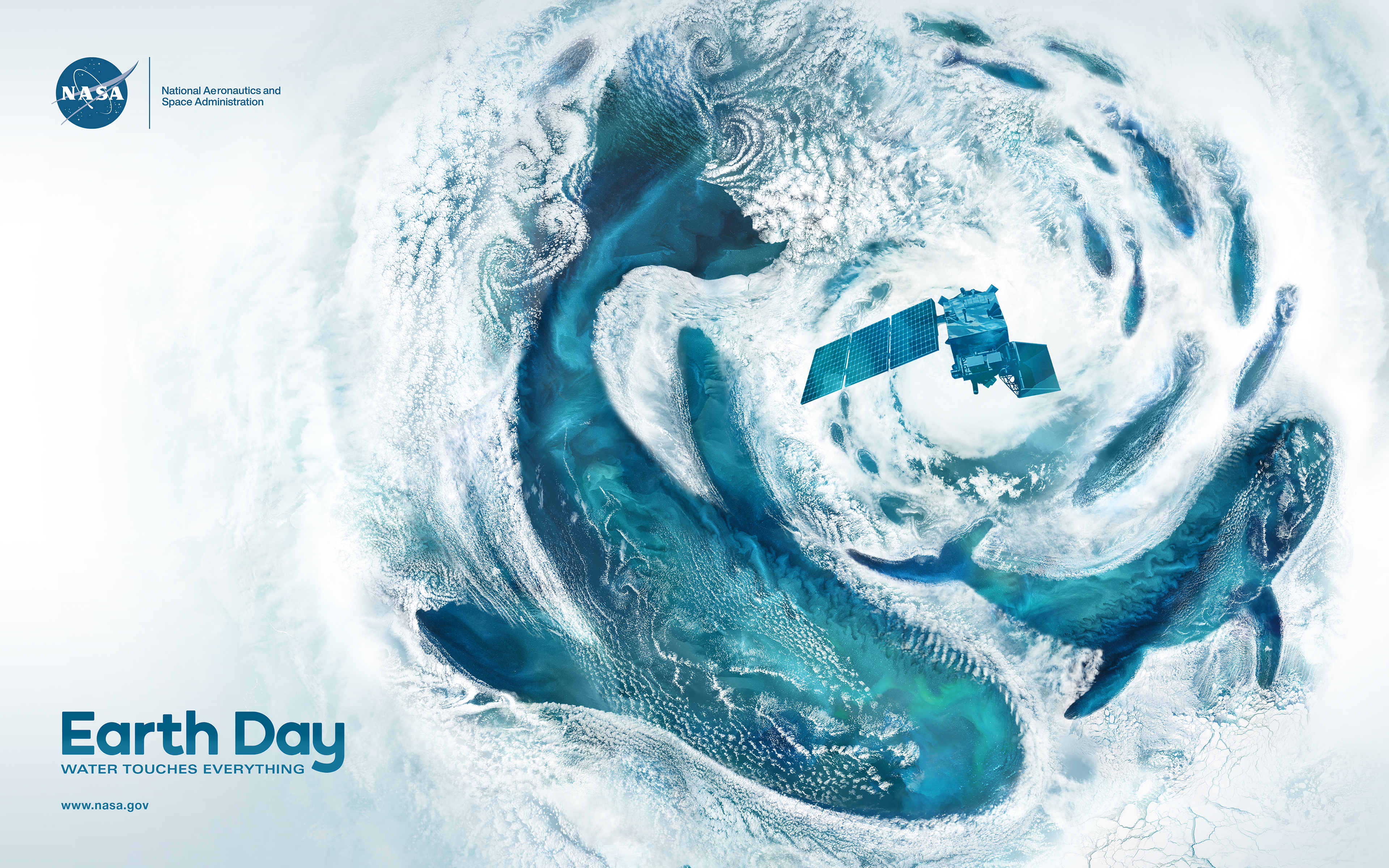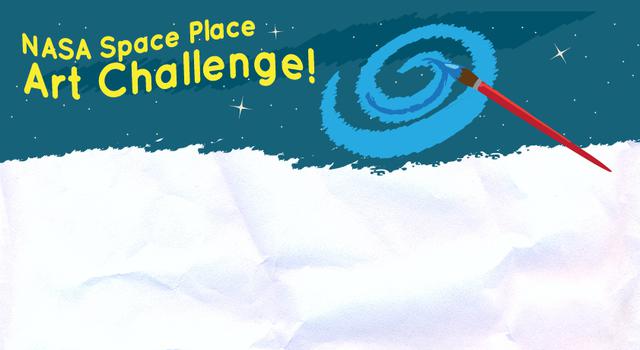Here's how to take Earth science learning farther
 | EDUCATION UPDATES | APRIL 2024 |
|  |
|
|
 | Get to know the mission revolutionizing how we study Earth |
|  |
|
|
 | In honor of Earth Day, we're taking a deep dive into the upcoming NISAR mission, an Earth satellite that will capture detailed views of our planet's changing surface and provide new insights into everything from natural disasters to climate change. Get a primer on the mission from our Teachable Moments series and find out how you can keep the Earth Day learning going beyond today with related lessons and student activities featuring real science and engineering from the mission. |
|  |
|
|
|


